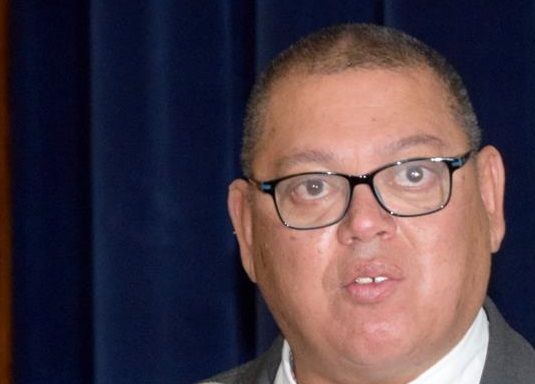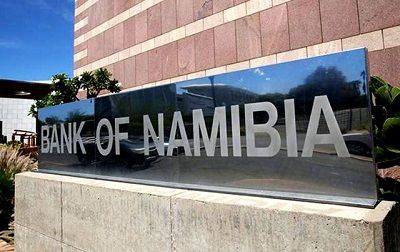
Fisheries still important wealth generator despite headwinds

By Adolf Kaure.
The Minister of Fisheries and Marine Resources, Hon Derek Klazen said that fisheries remains one of the significant contributors to economic growth, employment creation, nutrition, and foreign exchange in Namibia when he spoke at the annual industry address in Walvis Bay on Friday.
According to Klazen, the sector accounted for over 14% of Namibia’s export earnings.
“These earnings were sourced from fish and fisheries products valued at N$10 billion and fisheries’ contribution to the country’s Gross Domestic Product,” he said.
According to the Namibia Statistics Agency (NSA, 2022), the fisheries industry has contributed 4.5% to Namibia’s Gross Domestic Product (GDP).
Klazen however, reiterated that the sector faced several challenges through the year.
One of the major challenges was the cost of fuel which forced fishing companies to spend substantially more than budget.
“Fuel prices represent the second highest expenditure after salaries and wages for most companies in the industry. Furthermore, an increase in fuel prices increased fixed costs such as depreciation and salaries. Another cost hike to consider is transport cost as an input to fish production as well as bringing end product to the market,” he said, adding that eventually the escalation input costs will eventually reflect in the retail price of fish.
Despite these challenges, Namibia is set to implement the Blue Economy governance and management system in its Fifth National Development Plan (NDP5) this year to sustainably maximizes economic benefits from marine resources and ensure equitable marine wealth distribution to all Namibians.
Blue economy activities include fisheries, marine mining, marine energy, marine and coastal tourism, maritime transport, and inland water bodies.
During the course of last year (2021), the Inter-Ministerial Technical Committee on the Blue Economy conducted regional stakeholder consultations in all fourteen regions to seek input in Namibia’s Sustainable Blue Economy draft policy which is expected to be finalized in the current fiscal year (2022/2023).












































